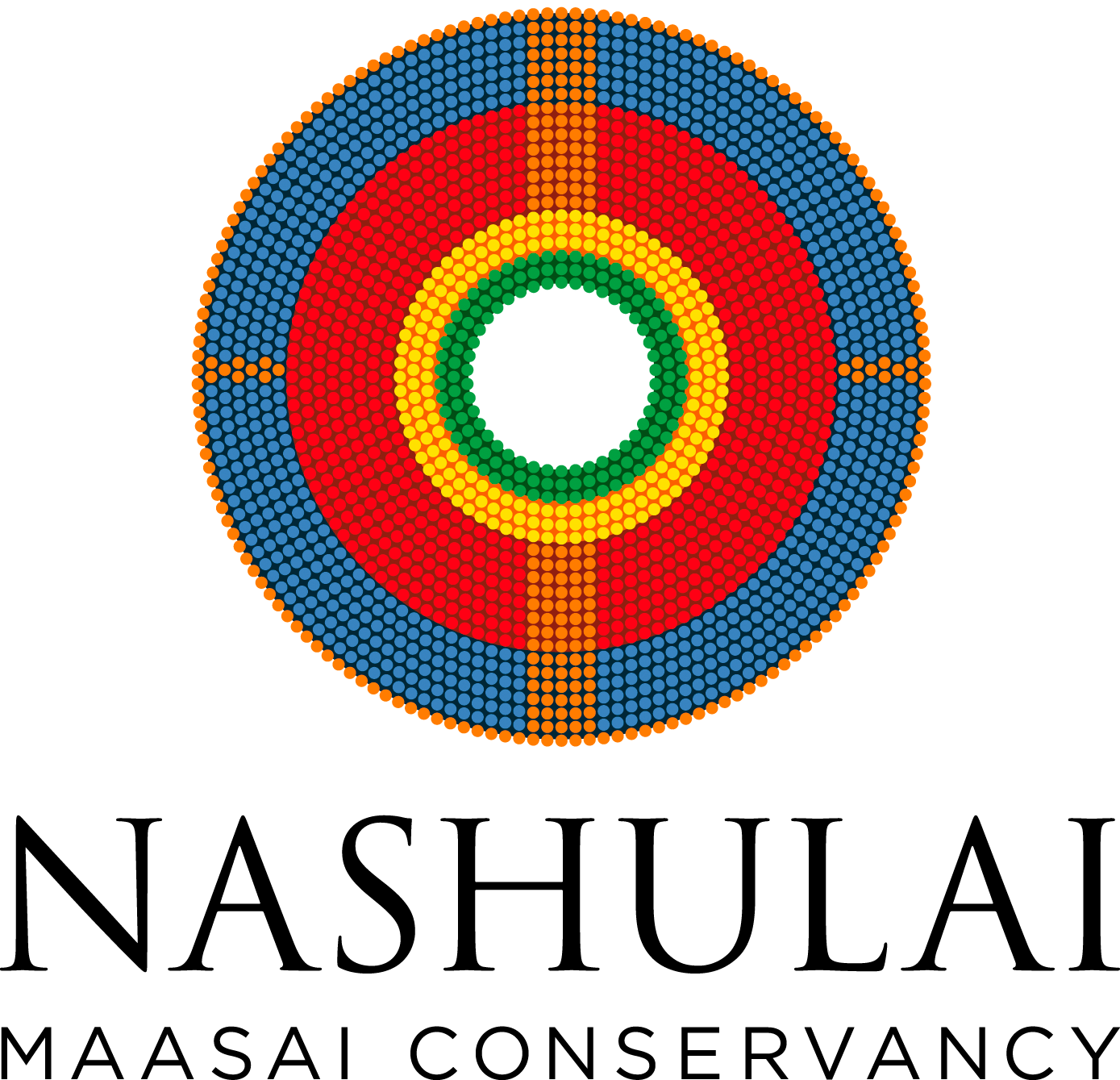Maasai Conservancy Wins Prestigious UNDP Equator Prize for Innovative Approach to Indigenous Community Self-Determination, Biodiversity Regeneration, and Climate Change
June 2020: Nashulai Maasai Conservancy, the first conservancy to be owned and governed by the Maasai people—is a winner of the Equator Prize awarded by the United Nations Development Program (UNDP) and the Equator Initiative Partnership to Indigenous communities for innovative, nature-based solutions that tackle climate change and biodiversity loss.
The UNDP and Equator commended the young conservancy for being “at the forefront of a paradigm-shift” and for “the remarkable work of your initiative,” noting: “The level of competition for the Equator Prize 2020 was extraordinarily high [with] a total of almost 600 nominations from 120 countries. Following a four-stage peer-review process, the Advisory Committee selected Nashulai Maasai Conservancy as one of the winners as an outstanding example of a local, nature-based solution to climate change and sustainable development.”
Nashulai, located on the edge of the Maasai Mara National Reserve, is the first conservancy to be governed and managed by the Maasai people whose land it is, and which they have inhabited for centuries. A 5,000-acre keystone area in the Maasai Mara ecosystem, a critical migratory corridor and ancient elephant nursery, it was founded in 2016 by Nelson Ole Reiyia (Maasai Elder and renowned community leader in the Maasai Mara) and Eric Young (adopted Maasai Elder, Founder of The Social Projects Studio, leading thinker and practitioner in the field of transformative social change, Toronto). Their work together led to the creation of the unique, not-for-profit conservancy which quickly became a significant voice in conservation and community development--its interdependent mission: “Conserve Wildlife--Preserve Culture--Reverse Poverty.”
Nelson Ole Reiyia, Co-Founder of Nashulai, said: “The people of Nashulai are very proud to be singled out as one of just 10 communities around the world recognized for this prestigious award. It gives us heart and renewed strength in these critical changing times. A few short years ago the area was at risk of being lost forever to land commodification and the depredations of climate collapse and poverty. The people themselves, who have been largely marginalized in their own land, rallied to save it--for our economic and cultural survival and for our children. Now, we are seeing the elephants, giraffe and wildlife return in great numbers, the grasslands reviving, and we are breaking the back of poverty. Combining traditional knowledge with cutting-edge science, we are working to regenerate the biodiversity of the region while deepening our community’s well-being and skills through a variety of projects, many for and run by women, aimed at self-empowerment. We are all grateful for this remarkable testament to the power of our dreams and our mission.”
Ric Young, Co-Founder with Reiyia, noted: “The award could not come at a more important time for Nashulai and also for conservation in the 21st century. This is a tipping-point moment and, as the UNDP/Equator Prize recognizes, Nashulai is at the forefront of a paradigm shift towards care of ecosystem through place-based community stewardship, which is becoming the essential, fundamental narrative of our time. And given the global ecological importance of the great grasslands in our threatened world, Nashulai’s hard work and commitment is a remarkable story about people, place and possibility; a testament to the power of even a small community to effect positive change in the face of great challenges. Not just a conservancy but a social movement. We should all be inspired. Now more than ever.”
Renowned anthropologist and bestselling author Wade Davis, a supporter of the award nomination, said: “It’s rare to come across path-finding initiatives that are so inspiring in a world in need of transformative change. The Nashulai community recognize that their knowledge of the place they have made home for centuries is unique to them, and they are courageously taking on the responsibility for its—and their—continuing existence.”
The efficacy of Nashulai’s model is visible in its rapid, effective response to COVID-19, also praised by the UNDP/Equator Initiative. Since the pandemic struck 12 weeks ago, it has, without government financial support:
Launched a fundraising initiative to combat the immediate threat of starvation and food insecurity, creating food-supply chains and providing weekly basic provisions to its 3,000+ inhabitants, plus a further 7,000 in neighbouring villages. (A Maasai proverb says: “The Maasai do not eat alone.”)
Launched the Sekenani River Restoration Project, mobilizing the community under the leadership of the women, the traditional users of the river, to clean and protect it through traditional botanical knowledge combined with innovative water-monitoring technology. In year one, we expect a 90 % reduction in non-biodegradable and toxic waste, with a significant reduction in infant mortality as a result; a 95 % reduction in sand harvesting and 99 % reduction in illegal logging,
Started an organic village-kitchen garden (the pastoral Maasai have not been agrarian) to act as the model from which the community can begin to develop food security and sufficiency for the future.
Mitigated the spread of the virus through the work of the Women’s Cooperative for Economic Sustainability, which escalated its soap-making workshops in response to the sanitization need.
Welcomed several hundreds of out-of-school youth, who travelled from across the region to Nashulai’s one-room library headquarters to offer help in food distribution, the river restoration, and protection against poaching.
